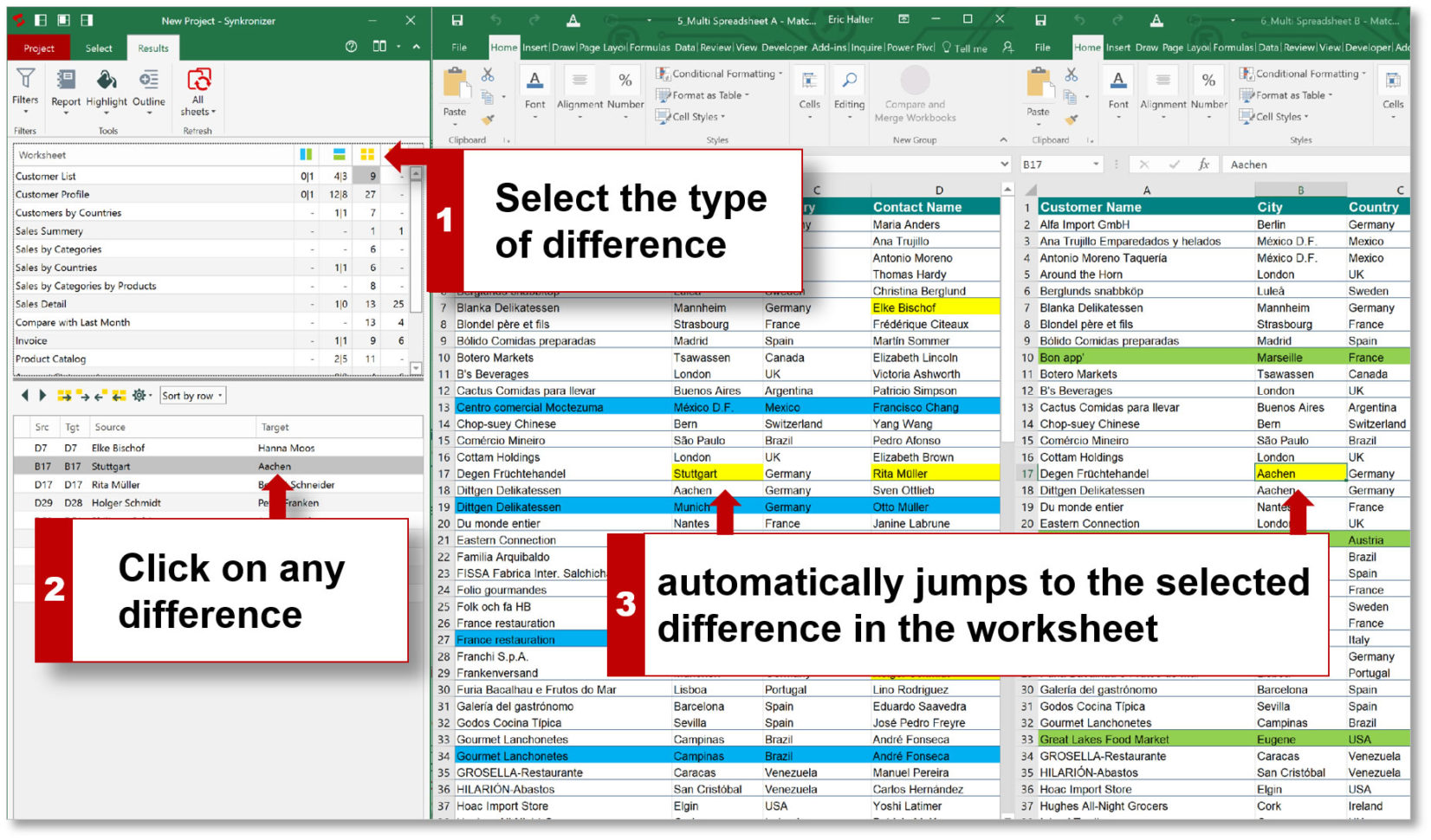Essential Paperwork for Your Eviction Notice Process

In the legal world, eviction stands as one of the most intricate and emotionally charged procedures. Whether you're a landlord seeking to reclaim your property or a tenant dealing with an uncertain living situation, understanding the essential paperwork involved in the eviction notice process can be the difference between a swift resolution and a drawn-out legal battle. This comprehensive guide aims to shed light on the paperwork you need to navigate the eviction process effectively.
Understanding Eviction Notices

An eviction notice, also known as a notice to quit or notice to pay rent or quit, is the first formal step in the eviction process. It's important to understand:
- Types of Eviction Notices:
- Pay Rent or Quit: Requires the tenant to pay overdue rent within a specified period or vacate the property.
- Cure or Quit: Gives tenants the chance to fix any lease violation, like unauthorized pets or noise disturbances, or leave the property.
- Unconditional Quit: Requires the tenant to vacate the premises without the option to remedy the situation.
📚 Note: Notice periods and exact terminology can vary by state or jurisdiction.
Eviction Notice Templates

While laws vary, there are some common documents you'll need during an eviction:
| Document Type | Purpose | Details to Include |
|---|---|---|
| Notice to Quit/Pay | To inform the tenant of owed rent or lease violation and time to remedy or leave. |
|
| Complaint for Unlawful Detainer | Filed to obtain a court order to evict if the tenant does not comply with the notice. |
|
| Eviction Summons | Notifies the tenant of the court date for the eviction hearing. |
|
| Judgment and Writ of Possession | Obtained if the landlord wins the case, authorizes law enforcement to remove the tenant. |
|

Serving the Eviction Notice

Properly serving the eviction notice is crucial:
- Personal Service: Hand-delivered to the tenant. This is often the most reliable method.
- Substituted Service: Notice served to an adult at the tenant's residence or workplace.
- Mail and Posting: Mailing the notice to the tenant and posting it on the property.
- Proof of Service: This document, also known as an affidavit of service, verifies that the notice was delivered correctly.
🔑 Note: Always keep a record of how the notice was served, including the date, time, and method.
Eviction Process Timeline

Understanding the timeline can help both parties prepare:
- Notice Period: After serving the notice, tenants have a set period to comply or vacate (often 3, 5, 7, or 30 days, depending on the situation and local laws).
- Lease Termination: If the tenant does not comply, the lease is considered terminated, and eviction proceedings can commence.
- Court Hearing: Both parties appear in court where the case is heard, and a decision is made.
- Judgment and Eviction: If the landlord wins, a writ of possession is issued, and the tenant is removed by law enforcement.
Legal and Financial Considerations

Legal fees can escalate during eviction cases:
- Court Costs: Filing fees and other court-related expenses.
- Attorney Fees: If legal representation is required.
- Time Investment: The entire process can take weeks to months.
- Financial Loss: Lost rent and property damage can add up.
💰 Note: Some states allow for the recovery of legal fees if the landlord prevails in an eviction case.
Alternative Dispute Resolution

Before reaching the court, consider:
- Negotiation: A civil discussion might resolve issues without eviction.
- Mediation: A neutral third party facilitates a discussion to reach a mutually acceptable agreement.
- Payment Plans: Sometimes, setting up a rent payment plan can prevent eviction.
👨⚖️ Note: Courts often encourage mediation as it reduces the burden on the legal system.
In summary, handling an eviction can be a multifaceted process, demanding patience, knowledge of the law, and meticulous paperwork. By familiarizing yourself with the essential documents and procedures, landlords can navigate evictions more effectively, while tenants can ensure their rights are protected. Understanding your local regulations, seeking legal advice when needed, and maintaining open communication are key to a smoother resolution for all parties involved.
How long does an eviction process take?

+
The duration varies by jurisdiction but typically ranges from a few weeks to several months, including the notice period, court proceedings, and enforcement of the eviction.
Can a tenant fight an eviction notice?

+
Yes, tenants can contest an eviction in court if they believe there are legal grounds for doing so, such as improper service of notice or discrimination claims.
What happens to tenant belongings during an eviction?

+
State laws differ, but generally, tenants must be given an opportunity to retrieve their belongings. If not, the landlord may store items for a set period or dispose of them according to legal guidelines.



